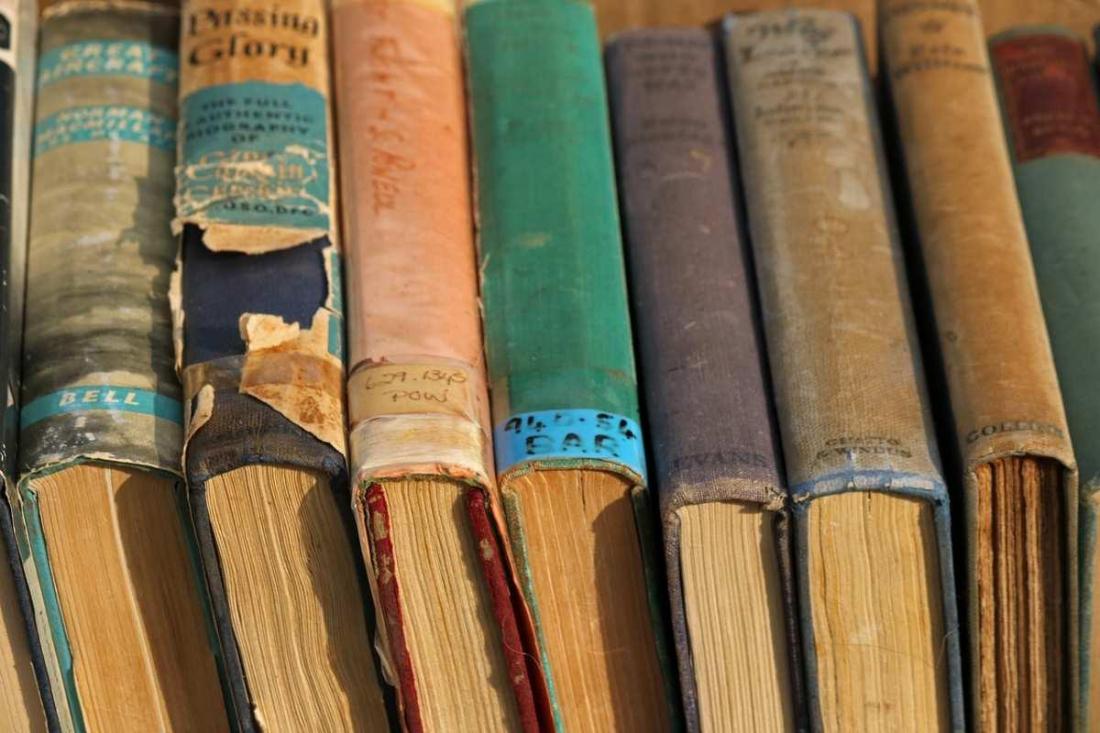A second-hand textbook market in Italy, a benchmark of reuse for REUSEMED

The average annual cost of textbooks in Italy is 310 euros per high school student, an expense that can be a hardship for lower-income families. To help bridge this gap, in 2008 a group of students in Cappanori, in the northwest of Italy, devised a second-hand market to encourage the reuse of books and lower the cost of their acquisition. The initiative, which every year enables the exchange of more than 8,000 books, has been highlighted by REUSEMED as an example of good reuse practices.
With the financial and logistical support of the municipality of Cappanori, which provides the space for the storage of the books and the funds for the acquisition of the necessary resources, the promoters of the project have been opening for 13 years the doors of their warehouse in July for the deposit of used books. In August, the market opens its doors to hundreds of families, who can purchase the books at half the original sale price until end of September. The full amount of the transaction goes to the seller once the sale is formalized, with no operating costs for the users.
Since its inception, the market has been gaining in popularity and has established itself as an unbeatable option to promote the reuse of school books. It is currently held in two locations, in the towns of Capannori and Luca, thanks to the participation of 20 members of the organizing association, Student Committee for Study Rights, and 40 additional volunteers. To date, more than 10,000 users have bought or sold books, and the total amount of transactions exceeds 40,000 euros per year.
Those responsible for REUSEMED believe that the model could be replicated in other territories. In fact, the leaders of the promoting association have developed the software they use for the registration and tracking of books available to all those people and organizations that want to develop a similar initiative.
REUSEMED proposes to create municipal networks based on reuse circuits for home appliances, furniture, books, clothes, Waste Electrical & Electronic Equipment and food. To set up the networks, 4 cities in Spain, Italy, Jordan and Tunisia will design and test composting installations, food collection points in markets, repair and reuse centers, reuse corners in shops and repairing cafés.









